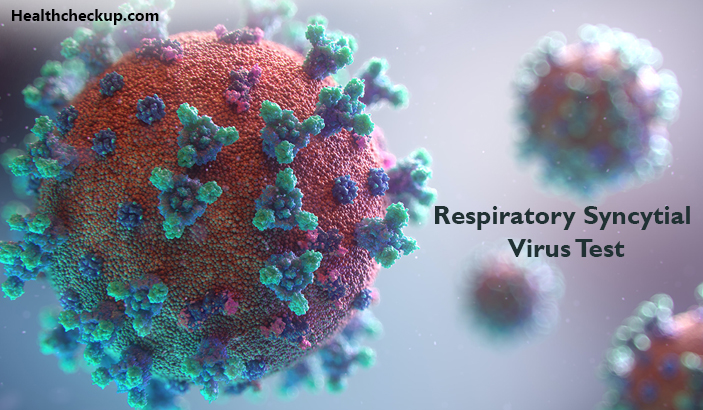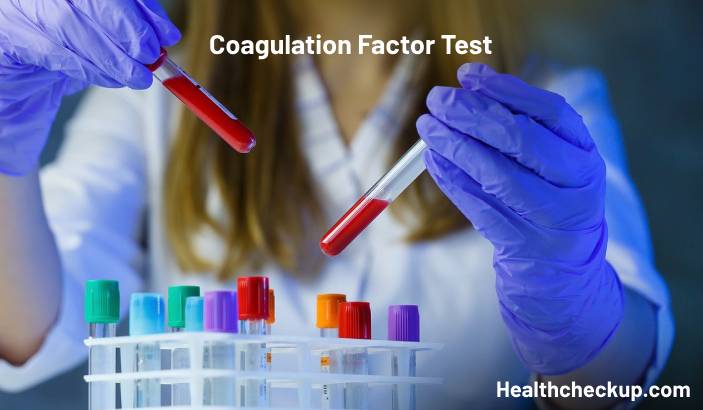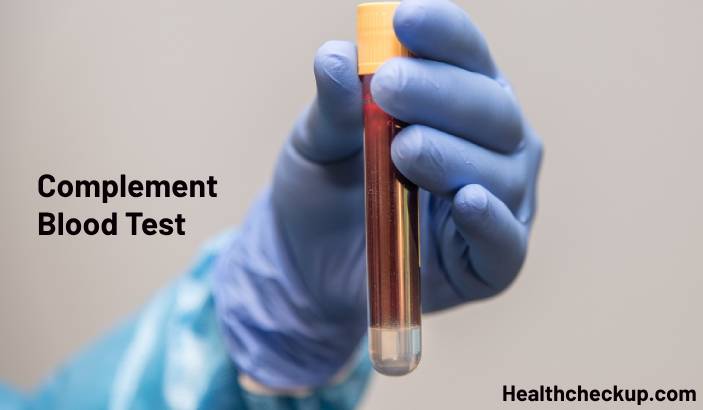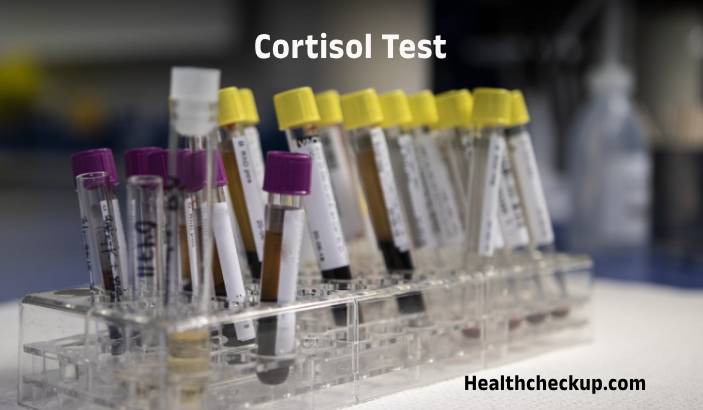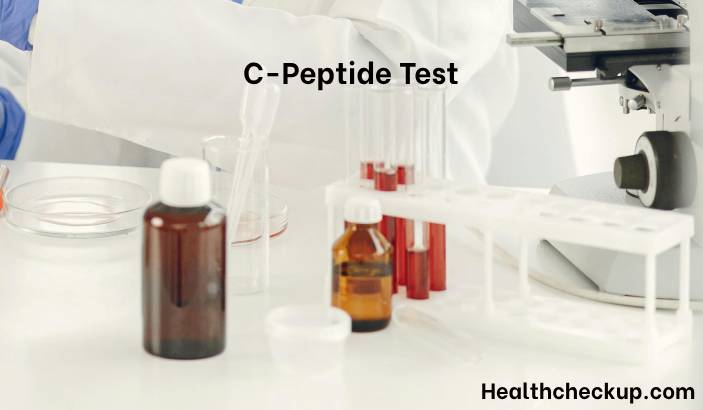The doctor advises the Respiratory Syncytial Virus Test in susceptible cases of RSV infection. There are various methods for RSV testing. The testing of RSV infection is done through the RSV Rapid test. RSV infection affects the respiratory tract.
What Is The Respiratory Syncytial Virus Test?
Respiratory Syncytial Virus Test is performed to determine the presence of a virus that is responsible for RSV infection. The RSV infection generally affects the respiratory tract including the throat, nose, and lungs. According to the CDC report, almost all children have suffered from this infection by the time they turned 2-years. Fortunately, only a few of them develop severe symptoms that require comprehensive medical attention.
Why Is The Rsv Test Done?
Respiratory Syncytial Virus Test is usually done during the period of RSV infection outbreak. The test is especially advised in groups particularly vulnerable to this infection. These include babies, the elderly, and people with a compromised immune system. Care should be taken for patients who have recently undergone an organ transplant.
What Are The Various Types Of Rsv Tests?
Following are some of the types of RSV tests;
1. Viral Culture
In this method, the microbiologists grow the sample obtained from the patient in the culture media. This method identifies the presence of RSV causing viruses along with various respiratory viruses. This method is costly and time-consuming.
2. Rapid RSV Antigen Testing
RSV rapid test is one of the most common methods for detecting the presence of RSV causing virus. The test provides the results in approximately one hour.
3. RSV RT-PCR
This test involves the identification of the virus at the genetic level. Because of its detection to the genetic level, this test has more sensitivity as compared to the RSV RT-PCR test.
Symptoms Of Respiratory Syncytial Virus
The patient suffering from RSV infection may experience the following symptoms;
- Throat swelling resulting in difficulty in breathing
- Lung inflammation
- Fever
- Wheezing
- Severe coughing
- The faster rate of breathing
- Bluish color of skin
Causes Of Respiratory Syncytial Virus Infection
Respiratory Syncytial Virus infection is highly contagious. The virus enters the body through multiple routes including the eyes, mouth, or nose. The person may develop an infection when he meets the infected person, and the infected person coughs or sneezes. The virus tends to hold on solid surfaces for a considerable period. Risk increases in premature infants, elderly, compromised immune system, people undergoing chemotherapy and organ transplantation, and children in child care settings.
How Is The RSV Test Done?
During the Respiratory Syncytial Virus Test, the sample is taken from the patient. The technician tests the sample for the presence of a virus. The sample is obtained through the following methods;
1. Blood Test
In this method, the expert takes the blood from the vein of the arm. The blood is then tested for viral infection.
2. Swab Test
As the virus generally affects the respiratory tract, the swab is collected from the nose or throat.
3. Nasal Aspirate
The sample is removed from the nasal cavity after injecting the saline solution.
RSV Test Results
The RSV test results may be positive or negative. The positive RSV tests indicate the presence of RSV infection. The positive results also indicate that the virus is present in the community. Negative results may indicate that the symptoms are due to some other causes. However, the negative test may also indicate that there was not much viral load in the sample that may be due to multiple reasons.
What Is An Rsv Antibody Test?
Whenever a virus, bacteria, or fungus invades the body, the body forms antibodies against these organisms. The antibodies formed are specific. When there is an RSV infection in the body, the immune system synthesizes antibodies against the virus. These antibodies are identified through a blood test. It is known as the RSV antibody test.
What Happens If RSV Antibody Test Results Are Abnormal?
If the RSV antibody test is positive, the treatment should be provided. It depends upon the severity of the disease. In mild symptoms and fever, paracetamol is administered. In severe cases, hospitalization is required, along with intravenous fluids and ventilators. RSV infection may lead to complications such as pneumonia, asthma, and recurrent infections. RSV rapid test is generally used for testing RSV infection.

Rohit Jain is an IPR Specialist and Medical Content Writing Expert. For over a decade, he has written several articles in the areas of female infertility, Erectile dysfunction, hemangioma, cervical cancer, monoclonal gammopathy of undetermined significance, mononucleosis, mitral valve disorder, nerve sheath tumor, shin splints, mild cognitive impairment, cellulitis, brain metastases, atelectasis, MCAD deficiency, lymphoma, sepsis, cardiac rehabilitation and metabolic disorder among others.


